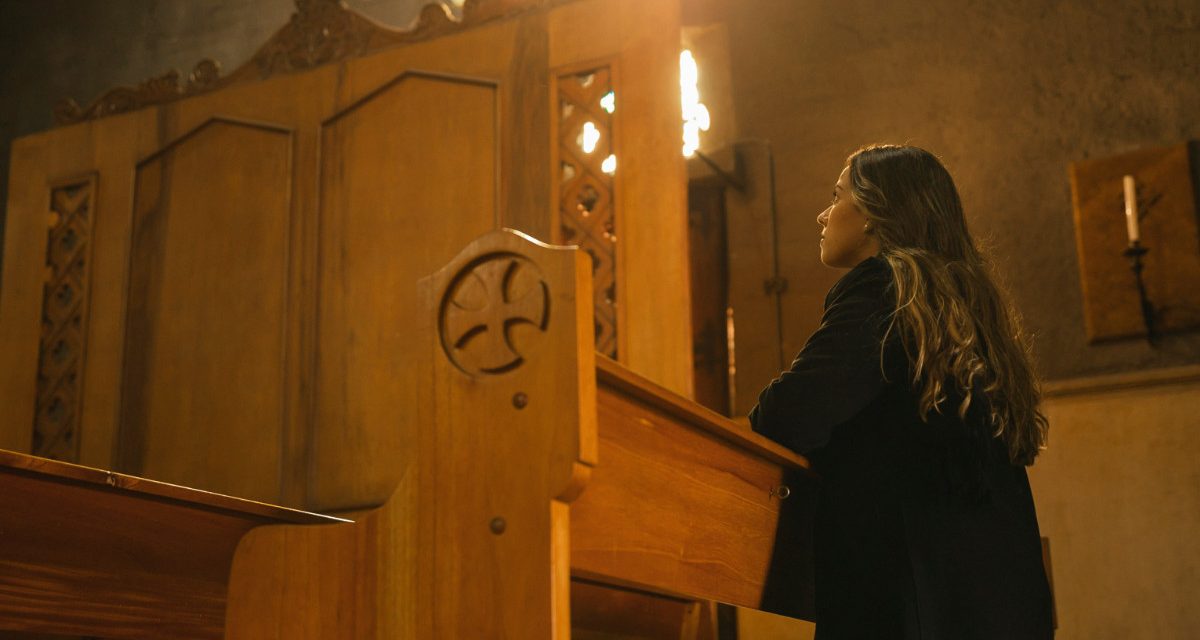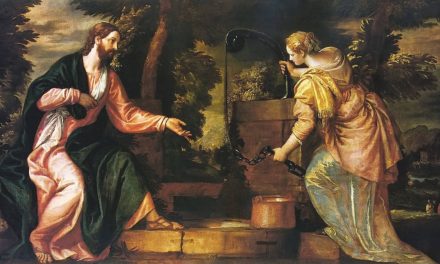Habakkuk is a beautiful book that is worth a closer look than it usually gets. If you struggle with suffering in the world and the mystery of evil, this is a prophet for you.
This Sunday’s first reading is from one of those minor prophets we rarely hear from; it’s likely most people sitting in the pew will either ignore his name or briefly wonder if the lector sneezed. But Habakkuk is a beautiful book that is worth a closer look than it usually gets. If you struggle with suffering in the world and the mystery of evil, this is a prophet for you.
There are four major prophets and twelve minor prophets of the Old Testament, labeled such based on the amount of writing they have left behind. A prophet is someone who speaks the truth. Sometimes this means they speak of the future (for example, Isaiah repeatedly), but their primary role is to be a mouthpiece for the truth of the Lord. We could use Pope Paul VI as an example–from some of his writing, it appears that he could see into 2025, but in all reality, he simply saw the truth of God and proclaimed it.
What makes Habakkuk somewhat unique is that he never addresses the people of Judah directly. The book is a dialogue between him and God. He voices a lament, God responds. He voices another lament, God responds again, and then Habakkuk finishes the book in prayer.
Where is God?
The main theme of the short book of Habakkuk comes to us in this Sunday’s first reading: Why does the Lord seem to stay silent?
“How long, O LORD? I cry for help
but you do not listen!
I cry out to you, “Violence!”
but you do not intervene.
Why do you let me see ruin;
why must I look at misery?” (Hab 1:2-3)
Can you relate to this? Have you ever prayed and not felt the Lord’s presence? Asked for something and it seemed like he was sleeping? Do you look at your neighbors–or even your enemies–and it seems like they have everything they ask for?
Does life seem unfair? Where is God in the midst of this?!
He continues in the following verses, not contained in this Sunday’s portion of the book:
“This is why the law is numb
and justice never comes,
For the wicked surround the just;
this is why justice comes forth perverted.” (Hab 1:4)
We see it every day; the innocent suffer, the guilty go away free. Even in this land of freedom, people suffer lack of due process and the law often seems subjective to the whims of judges or political leaders.
Habakkuk’s Prayer
We can learn several lessons from the way Habakkuk prays. First, he prays with great honesty to the Lord. He emotes and voices his struggles, speaking with frustration and even anger. He is honest and vulnerable. We need to learn to be open and honest with the Lord, willing to give voice to our feelings and trusting that the Lord is ready to listen. But Habakuk’s prayer doesn’t end in anger or despair, and that’s our second lesson. He listens. He voices his frustration and then waits for the Lord with open ears and an open heart. And his prayer ends in praise and trust:
“Though the fig tree does not blossom,
nor fruit be on the vines,
the produce of the olive fail
and the fields yield no food,
the flock be cut off from the fold
and there be no herd in the stalls,
yet I will rejoice in the Lord,
I will joy in the God of my salvation.” (Hb 3:17-18)
God’s Answer
But wait a minute, you’re probably saying. What about the issue that Habbakuk raises? What about injustice? What about when God seems distant and silent? What is the answer to Habakuk’s cry!?
We hear the Lord’s answer in the first reading:
“Write down the vision clearly upon the tablets,
so that one can read it readily.
For the vision still has its time,
presses on to fulfillment, and will not disappoint;
if it delays, wait for it,
it will surely come, it will not be late.
The rash one has no integrity;
but the just one, because of his faith, shall live.” (Hb 2:2-4)
It will not delay
What is “it”? Wait for it…it will surely come… it will not delay…
It is unclear exactly what “it” is or what the vision is that the Lord refers to. Various preachers have said that it simply refers to the oracle that is about to be given. Others say it simply refers to trusting in God’s time and the idea of being patient because God’s time is not our time.
But I would like to propose a different idea. I think “it” is the Incarnation and Paschal Mystery.
For now, Habakkuk has to wait. He has to live for a time with the injustice, with suffering, with pain. But in the end, he will live. Because God is going to come and die for him.
God will not disappoint. In the fullness of time, He will come and redeem. He will come and save. Interestingly, the Church uses his verse as an antiphon in Advent to refer to Christ, and Jerome deliberately used the masculine term for “vision” rather than the feminine.
Habakkuk is fulfilled in the Cross. That is the only satisfactory answer to suffering. So for now, Habakkuk has to wait. And so do we. But we wait with the suffering Christ, who is not silent, is not distant, and does not disappoint.
Image credit: Unsplash+ License
Please help spread the Gospel. Share Joannie’s post with family and friends on Facebook and other social media.
We need your support…
We welcome both one-time and monthly donations. Can you give as little as $10 a month to support great Catholic content? We strive to operate on a very small budget, but we need your help. Please help us bring enriching and inspiring Catholic content to readers around the world by giving today. Thank you!













